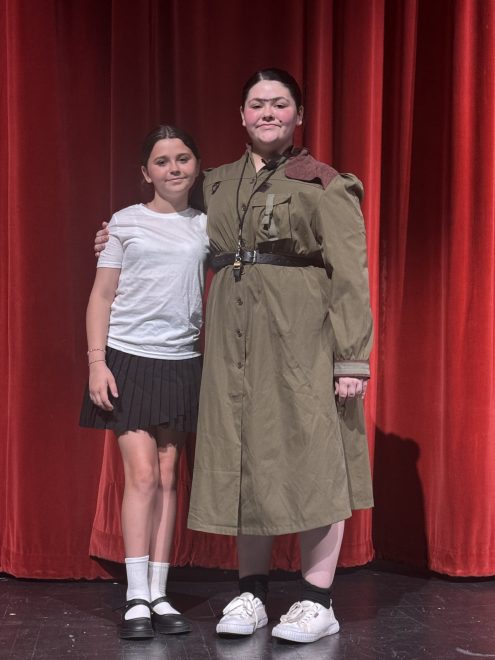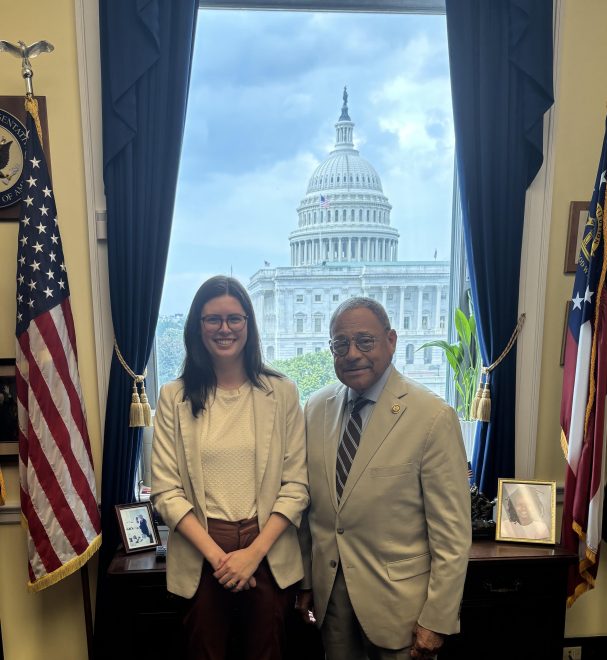Local member of World War II cavalry dies
Published 9:37 pm Monday, January 28, 2008
THOMASVILLE — Frank Norton of Boston died exactly 63 years after participating in one of World War II’s great U.S. accomplishments. He was a member of the 124th Calvary of the U.S. Army, the last active mounted military regiment, during World War II.
Norton and his 2,000 fellow cavalry members helped Allied supplies reach China over the newly reopened Burma Road on Jan. 28, 1945
Norton was only 18 when he joined the 124th in 1942 and went to Fort Brown, Texas, to train with the mounted horse combat cavalry.
“I was Private Norton, a small town boy from Boston,” he told the Times-Enterprise in a 1995 story. “Before I returned home to stay, I would see many things I never knew existed in this world.
“I would see new friends die in combat and share fear and loneliness in a foxhole with wet, tired army buddies, and laughter and happiness at seeing a USO show from home, showing that America was us up with every means at their hands,” he said.
With World War II raging in Europe, the regiment was sent to India. During his voyage to the country, he saw his first USO show with George Murphy and Orsen Wells.
The regiment continued on its mission from India to the China border.
“On Jan. 2, 1945, we had reached the mountains. It was mostly jungle and the trails were hardly visible. Some of our boys could not make it. The weather was terrible,” he said. “We headed for a combat mission in Mong-Noi Valley on Jan. 15 where the 3rd Squadron was fighting (the Japanese). We were really in the midst of the fighting now. I pulled the reconnaissance and outpost duty.
“We had pulled up and were facing (the Japanese) who were just over the next hill. On Jan. 29, they attacked us. Davis Powell and Brazil, two buddies, were killed and three other friends were wounded,” he said.
They arrived at the Burma Road in March 1945, where they were assigned to finish the job another regiment was wiped out before completing.
“On March 1, we left Mong-Noi walking down the Burma Road. Two boys were hurt by land mines and a mule was killed. We marked for four days on the road, covering 50 miles,” he said.
“We had a mission to take the road by pack mules,” he added. “There was really no other outfit that could take the place of a cavalryman in the wilderness. Our food and ammunition was dropped to us every three days by C-47s,” he said.
The troop took the Burma Road only days before the announcement of President Franklin D. Roosevelt’s death. The entire mission took four months.
From the Burma Road on May 9, 1945, the 124th Calvary was disbanded and the cavalrymen were eventually sent home.
Norton finished most of his tour sick in a hospital. Dodging Chinese outbreaks of fighting and passing through military transports from Kunming, China, to Calcutta to Aden, Arabia, he finally made it home to his family Jan. 12, 1946.
Two weeks ago, the remaining 250 members of the 124th met in Brownsville for their 50th reunion since the troop was disbanded.
Although the 124th Calvary was deactivated in 1945, it was reactivated several years ago as a National Guard regiment, stationed in Waco, Texas.
Norton and his wife Margaret have six daughters and 15 grandchildren and eight great-granchildren.
“He was like the official historian of Boston,” said Darlene Rayburn, one of his daughters. “Everyone would always go to him with questions.”





